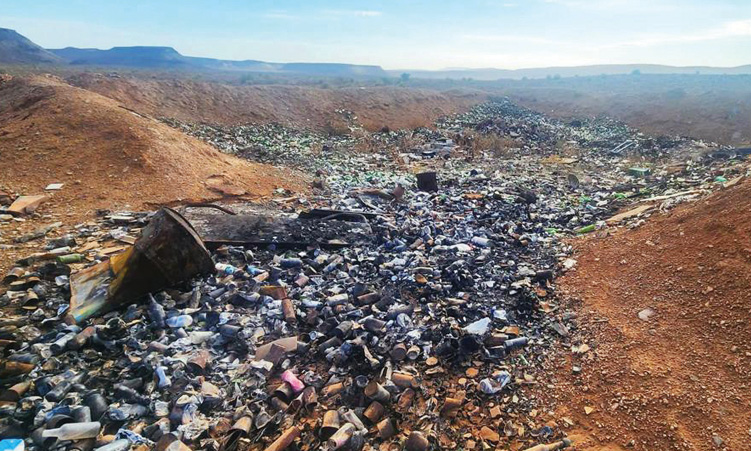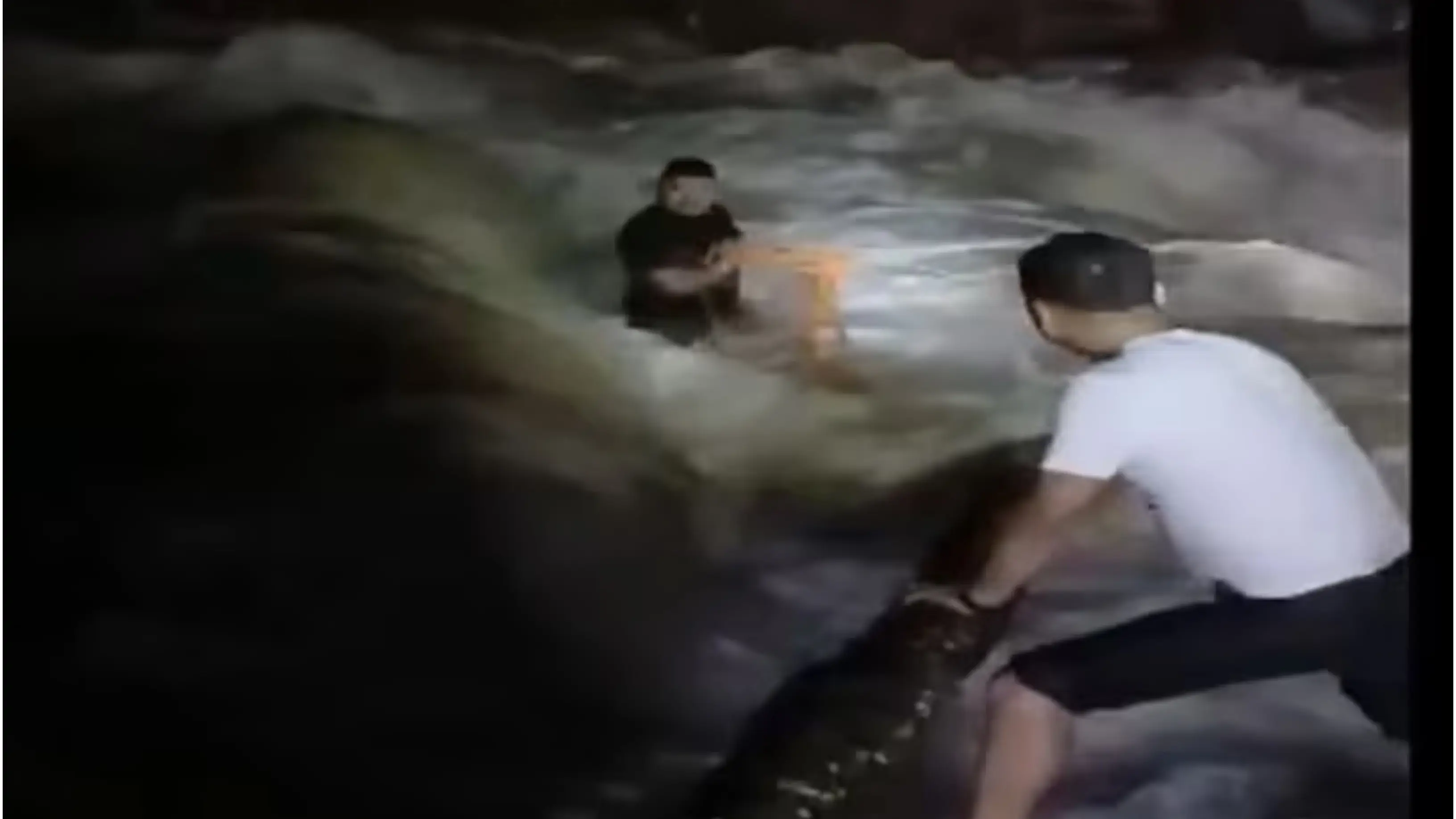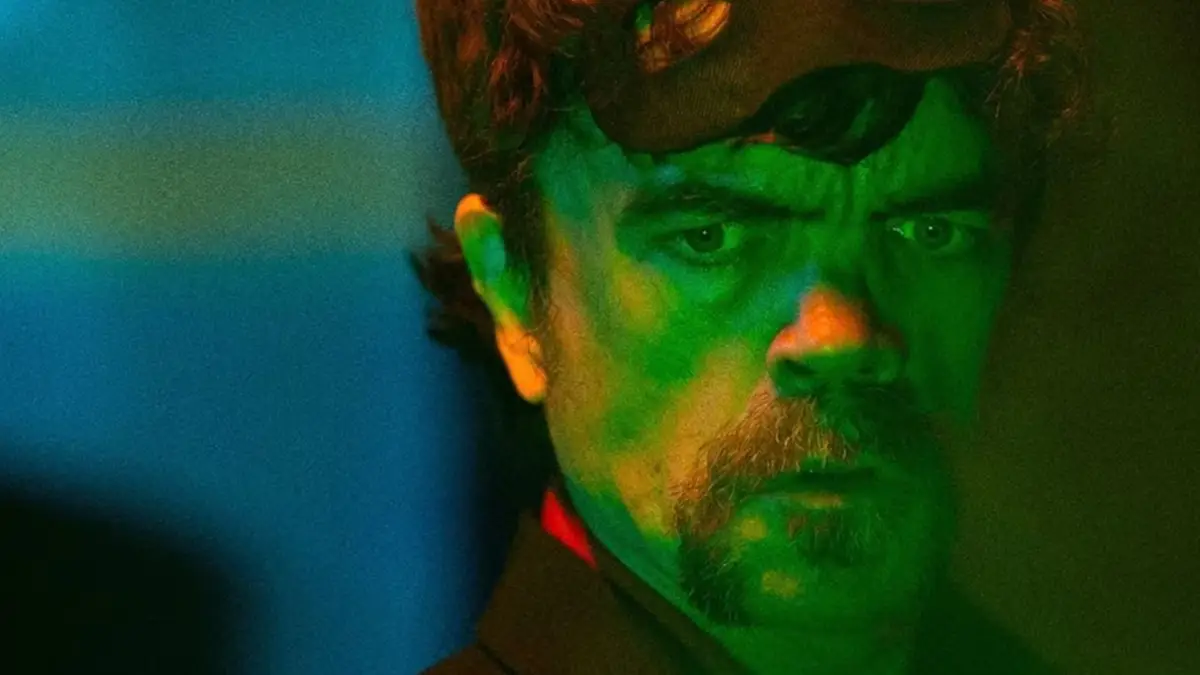By Tracy Tafirenyika
Copyright namibian

Seven Namibia Wildlife Resort (NWR) lodges are allegedly failing to meet environmental standards over waste and sewage problems, the state-owned entity’s board chairperson says.
Some of the affected lodges with significant environmental concerns include Namibia’s most popular hotspot, Gross Barmen, Popa Falls, Sesriem, Hobas, Waterberg, Bo Plas and /Ai-/Ais.
This was confirmed by board chairperson Haroldt /Urib in an urgent internal document titled ‘Implementation of Priority Directive for /Ai-/Ais, Sesriem and Other Critical Issues Affecting NWR’, dated 12 August. It was addressed to acting managing director Brian Masule and senior managers.
/Urib, in the letter, instructs the NWR management to take immediate action on the environmental issues.
“Prepare an action plan addressing operational and environmental challenges across all lodges and facilities to be presented at upcoming committee meetings. Immediate feedback is required for the following sites identified as non-compliant,” he says.
He also tasked management to develop an incident report and standard procedures for managing future environmental incidents, including waste and sewage management at the lodges.
“The chief financial officer shall submit the current annual financial statements and annual report through ARCC for the board’s review at the next meeting,” the board chair says.
He has directed the finance department to report on the controls in place and the next steps to address any identified shortfalls.
/Urib also asks the department to provide a list of critical operational issues and essential maintenance and repair work that require urgent budget allocation.
Questions sent to /Urib were not responded to by the time of print.
WATER PROBLEMS
Some workers have also raised concerns regarding water and electricity shortages at some resorts, which have affected day-to-day business operations.
/Urib, in the document, confirms that urgent maintenance is needed.
“Report on all water and electricity matters, including Alensy, boreholes and other urgent maintenance requirements.
“NWR’s turnaround relies on our collective commitment to delivering exceptional service, creating memorable and sustainable tourism experiences, and upholding our core values of environmental stewardship, accountability, integrity, passion, excellence and innovation.
“Through focus, teamwork and dedication, we can establish a new benchmark of excellence for the industry. So, let us all – from the board and management to every employee – come together, roll up our sleeves and work with passion and a sense of ownership to transform this remarkable organisation,” he says.
This is not the first time these allegations have been brought forward. Spotlighting Namibia has raised alarm over serious lapses in waste and environmental management at NWR’s resorts, particularly at Halali Rest Camp at Etosha, /Ai-/Ais Resort, as well as Hobas lodge near the Fish River Canyon.
According to Spotlighting Namibia, despite a public outcry in March after the platform first reported on the dire state of the Halali landfill, a follow-up visit revealed that little has changed.
“The landfill site remains unsecured, with its gate wide open, posing a risk to wildlife. Plastic waste continues to blow freely despite a ban on single-use plastics in conservation areas, directly contradicting the country’s national solid waste management strategy (2018),” the report says.
Spotlight also says in its report that the situation is equally grim at /Ai-/Ais resort, where a blocked sewerage system has led NWR to illegally pump raw sewage into the Fish River, endangering fish species, birdlife and surrounding ecosystems.
“This practice blatantly violates national water and environmental regulations and poses serious health risks to staff, guests and wildlife.
“At Hobas lodge, Spotlighting Namibia found that the resort’s wastewater recycling plant has long been non-functional, with sewage now dumped directly into the veld. Meanwhile, solid waste is left exposed in a landfill in violation of environmental standards,” the report says, adding that Spotlighting Namibia fully supports calls for accountability, especially from president Netumbo Nandi-Ndaitwah, who has stressed the need for responsible governance.
The platform warns that Namibia’s international reputation as a pristine, eco-friendly destination is at serious risk.
The Ministry of Environment and Tourism has intervened in cases like the Fish River Canyon, and media platforms like Spotlight Namibia have highlighted poor conditions at resorts like Halali and Namutoni.
While a recent NWR update suggests improvements, ongoing concerns about infrastructure and management at NWR properties continue to tarnish Namibia’s tourism reputation.
Namibian Sun recently reported that environment and tourism minister Indileni Daniel delivered a scathing rebuke of NWR’s board of directors, accusing it of gross incompetence, governance failures and allowing the state-owned tourism company to drift into “operational paralysis”.
In a letter dated 14 July, addressed to
/Urib, Daniel expresses her “deep disappointment” in the board’s performance and its “apparent failure to execute its fiduciary and oversight responsibilities”.
She says she had formally requested updates on a series of contentious deals – including the Sun Karros agreement, About Africa concession, the Enercon fuel arrangement and contracts with Haliburg Group and Alensy – but had received “no correspondence whatsoever” from the board.



